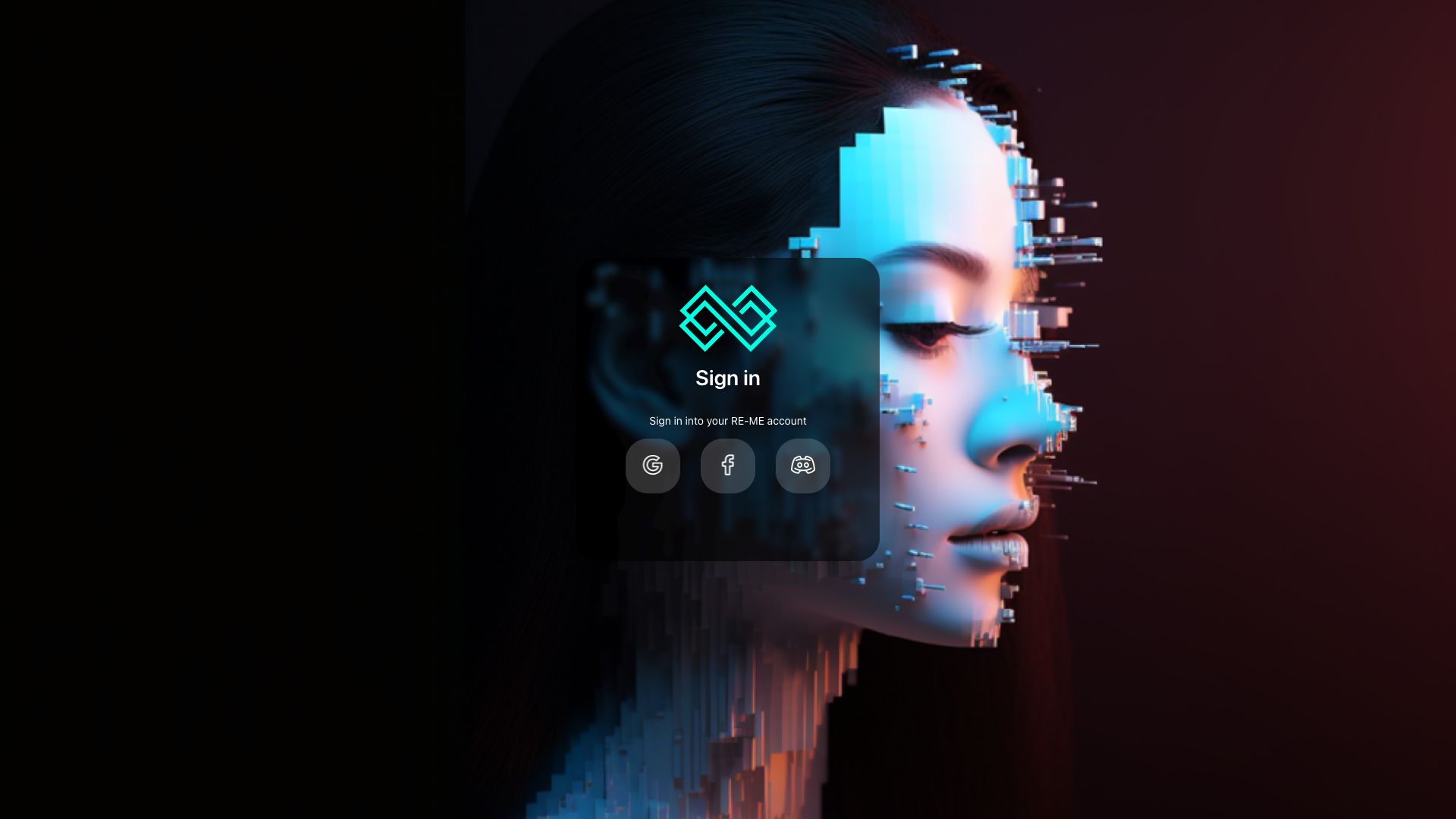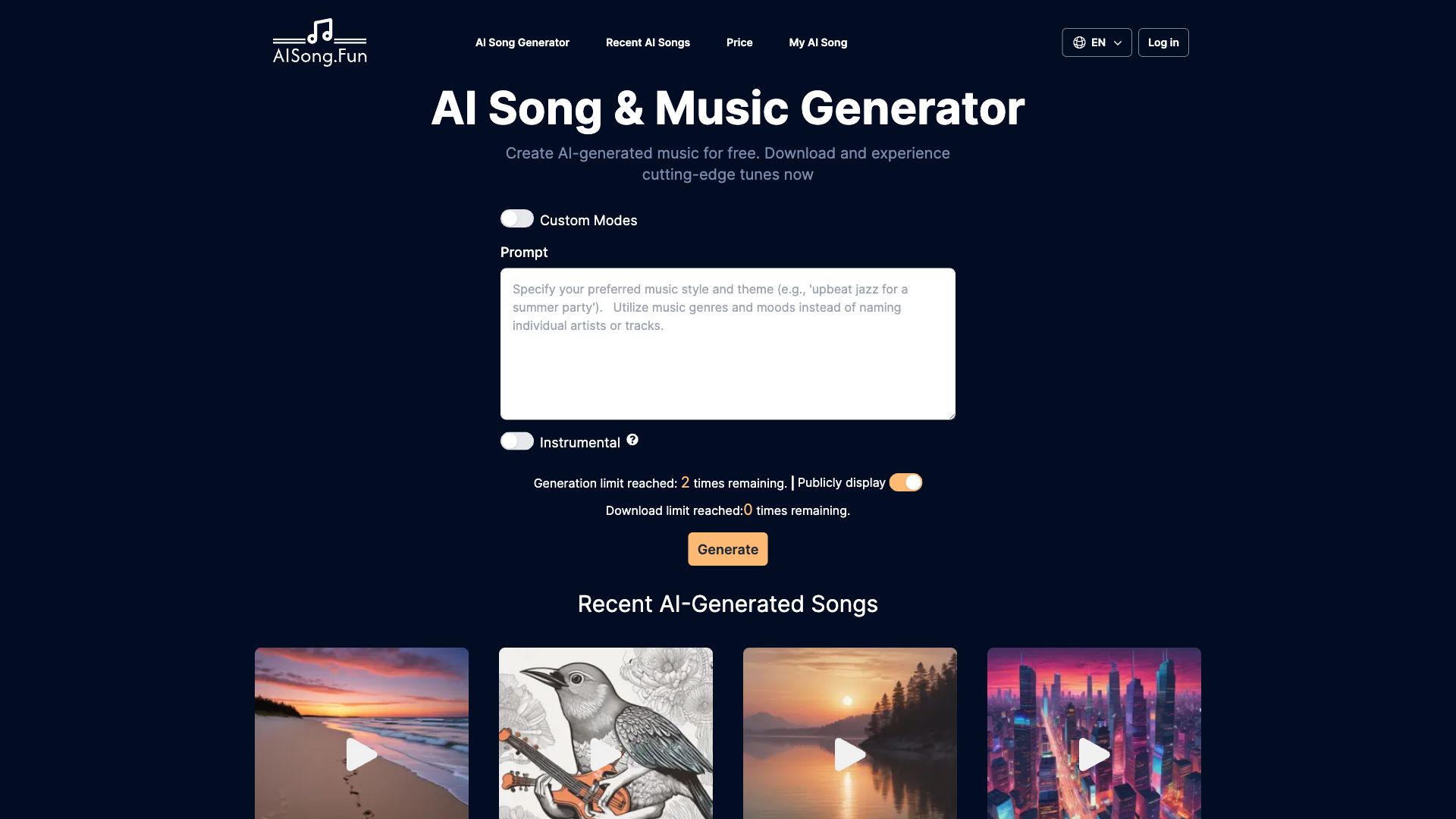Awesome AI Voice Cloning Tools in 2024
Discover the awesome 3 AI tools for 2024 By Candytools
Web site created using create-react-app
Unlock your musical creativity. Let AI compose captivating melodies, rhythms, and lyrics for you. For enthusiasts or songwriters, download AI-generated MP3s today!
Voice Lark is an AI voice cloning and audio editing tool that allows you to create realistic voiceovers and edit audio with ease. Clone your voice or choose from a library of voices, generate high-quality audio, and perfect your projects with advanced editing features.
More AI Tools Categories
What is AI Voice Cloning?
AI voice cloning is the process of creating a digital replica of a person's voice using artificial intelligence. This technology allows you to generate new audio that sounds like the original speaker, even saying words and phrases they never actually uttered.
Here's how it works:
-
Data Collection: The AI system needs a substantial amount of audio data of the target voice. This could be hours of recordings, including speeches, interviews, or casual conversations. The more data, the better the clone's quality and accuracy.
-
Training the Model: The audio data is used to train a deep learning model, typically a type of neural network. The model learns the unique characteristics of the voice, including pitch, tone, cadence, pronunciation, and subtle nuances.
-
Voice Synthesis: Once trained, the model can synthesize new audio that replicates the original voice. You can input text, and the AI will generate speech that sounds like the cloned voice speaking those words.
Key Technologies Used:
- Deep Learning: Neural networks, particularly recurrent neural networks (RNNs) and convolutional neural networks (CNNs), are commonly used to analyze and model the complexities of human speech.
- Text-to-Speech (TTS) Systems: These systems convert text into speech, and when combined with AI voice cloning, they produce synthetic speech in the cloned voice.
- Digital Signal Processing (DSP): Used to analyze and manipulate audio signals, ensuring high-quality output and fine-tuning the cloned voice.
Applications of AI Voice Cloning:
- Accessibility: Enabling individuals who have lost their voice to communicate using a synthesized version of their own voice.
- Entertainment: Creating realistic voiceovers for video games, animated films, and other media.
- Personalization: Customizing voice assistants and other devices with unique voices that users find more engaging or familiar.
- Audiobooks and Podcasts: Generating narrations in the style of specific authors or speakers.
Ethical Considerations:
- Consent and Ownership: It's crucial to obtain consent from individuals before cloning their voices and to address ownership rights over the synthetic voice.
- Misuse and Deception: AI voice cloning can be used for malicious purposes, such as creating fake audio recordings to spread misinformation or impersonate someone.
- Impact on Authenticity: As voice cloning technology advances, it raises questions about the authenticity of audio recordings and the potential erosion of trust in spoken words.
AI voice cloning is a rapidly evolving field with both exciting possibilities and ethical challenges. It's essential to use this technology responsibly and to establish safeguards against potential misuse.


